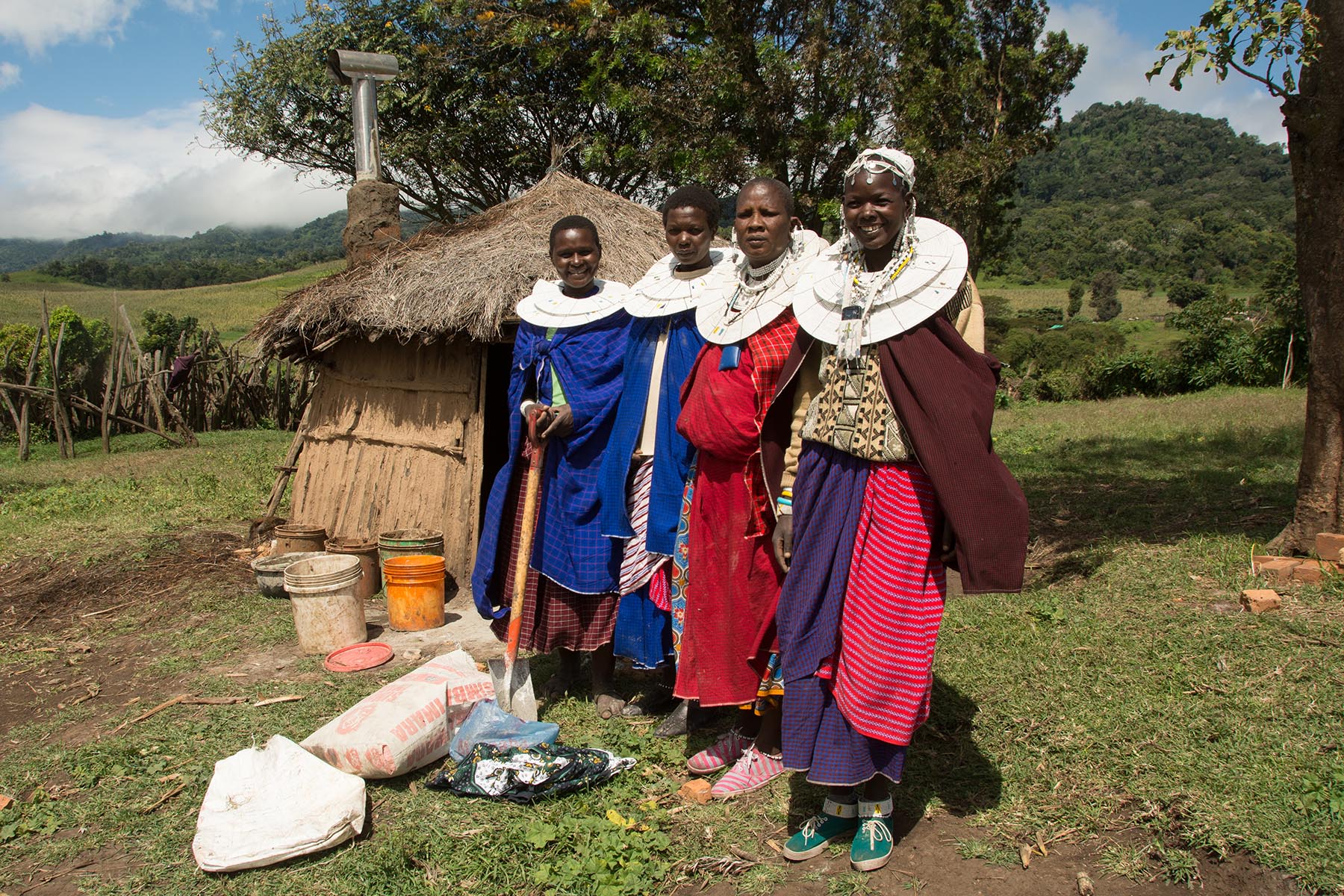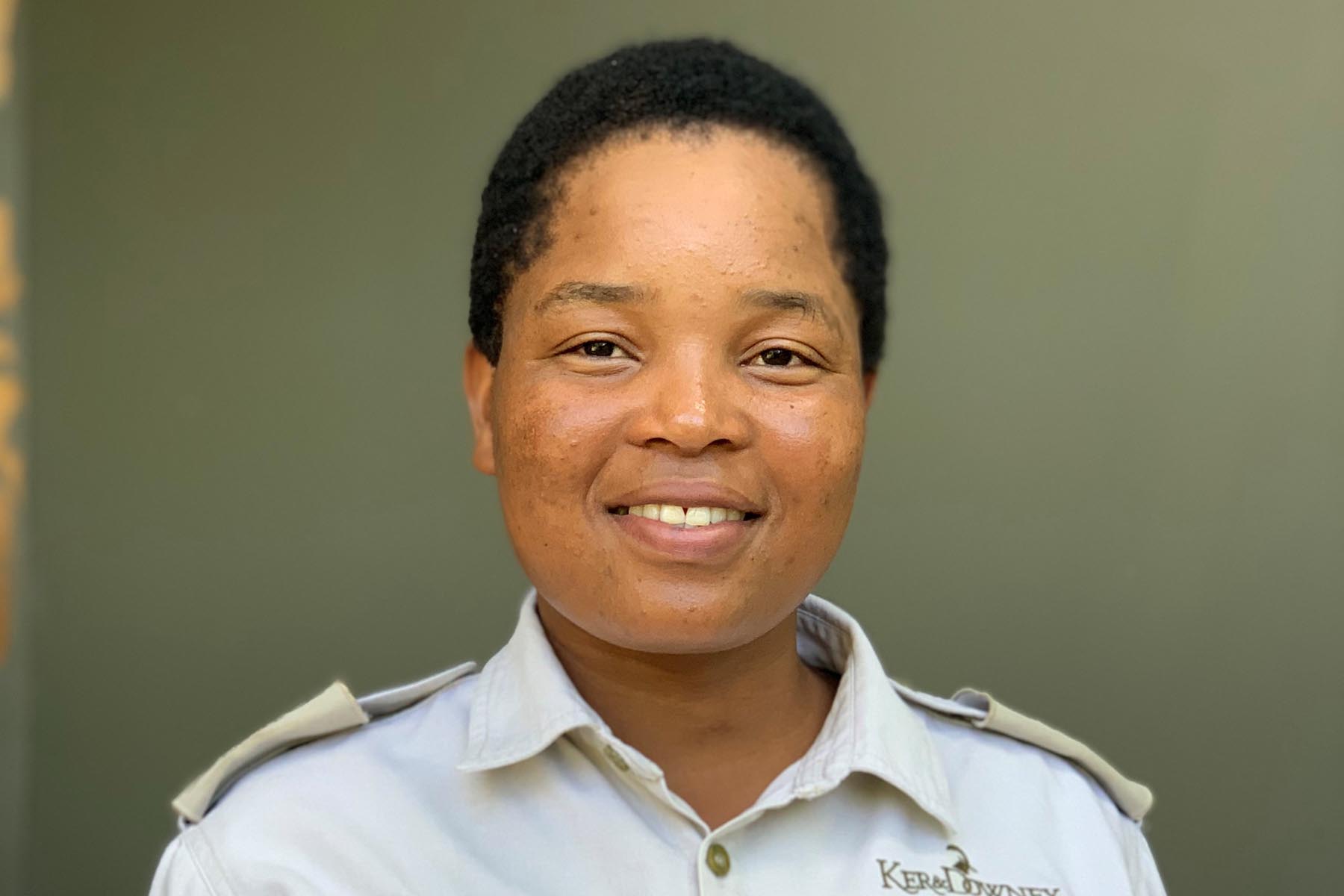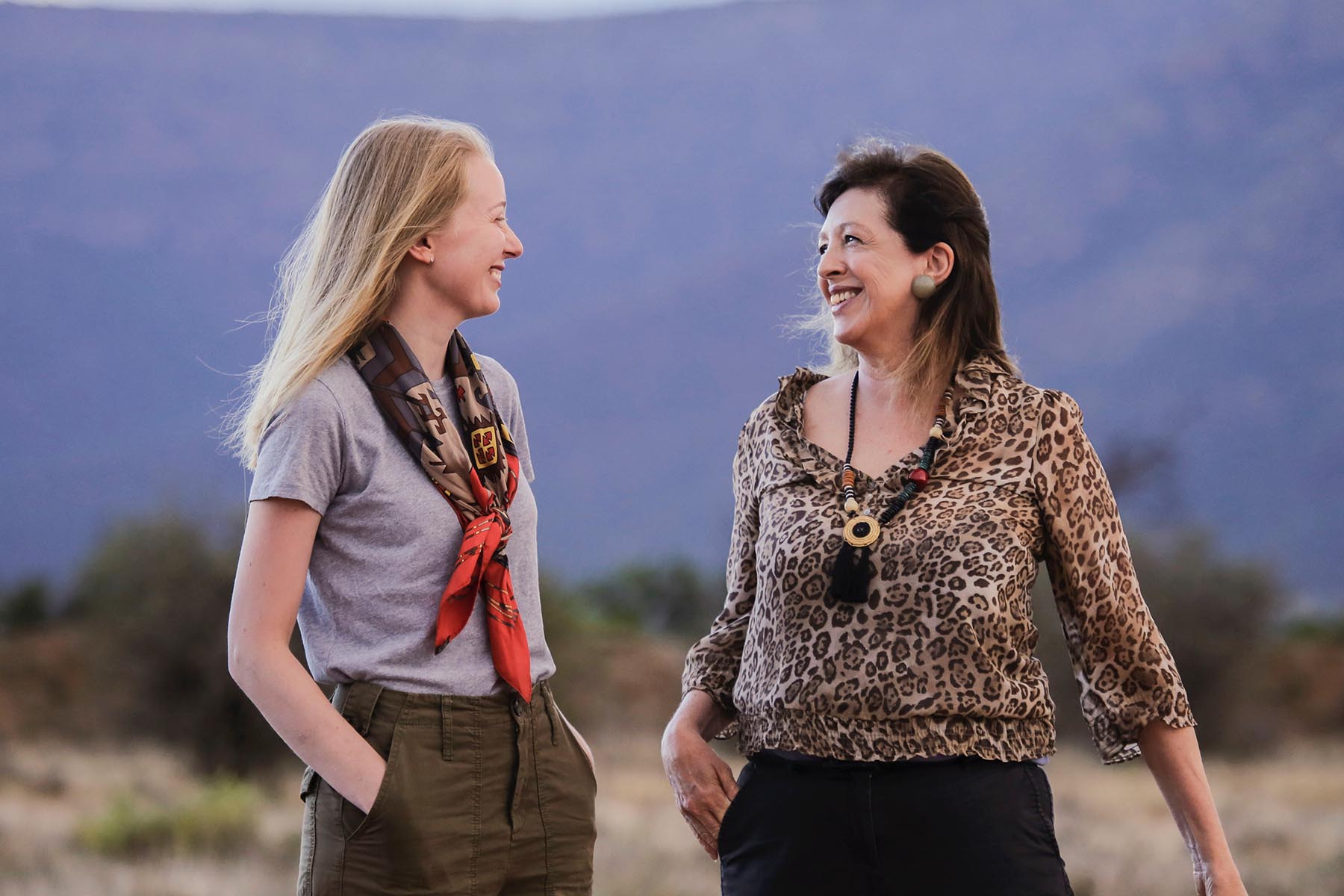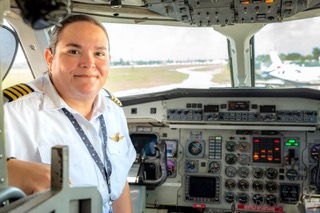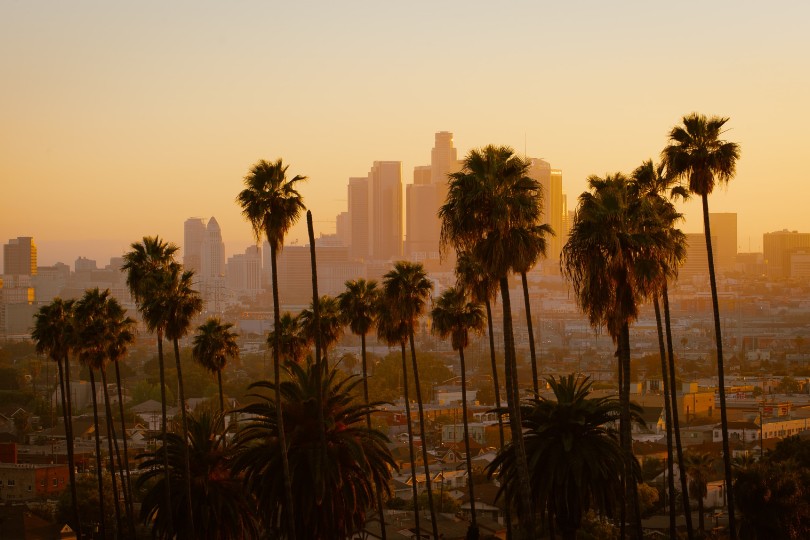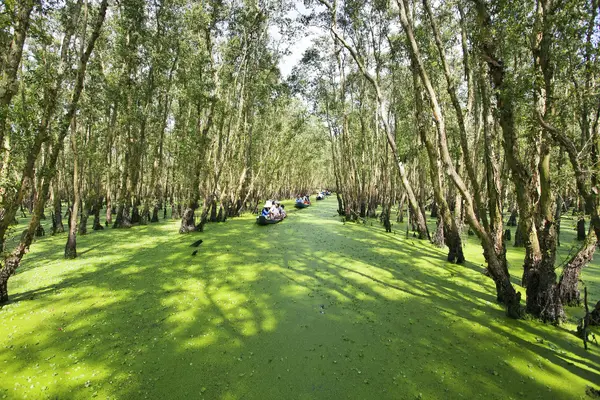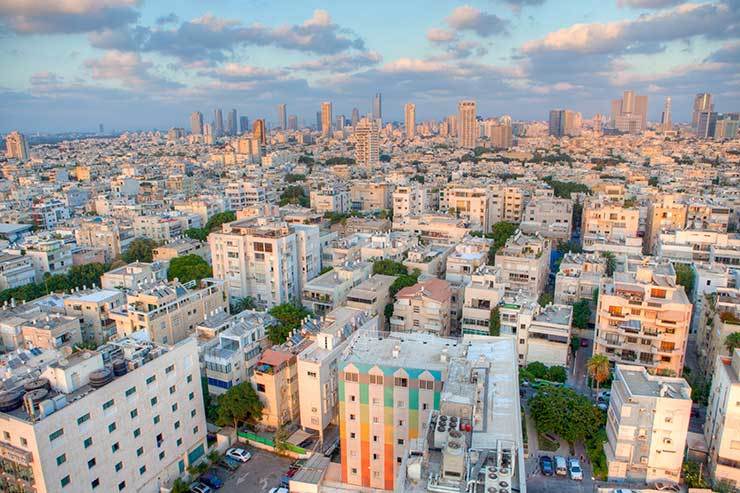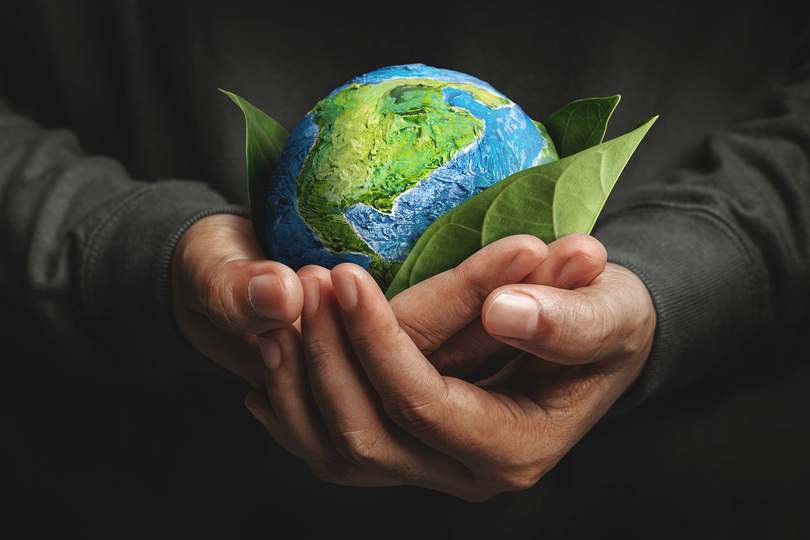The women in travel walking in men's shoes
This International Women’s Day we celebrate some of the women round the world who are busy dismantling stereotypes, by doing jobs typically the preserve of men in their societies, from Maasai engineers to Mokoro polers.

Engineers
In Tanzania, women from Maasai communities are training as engineers to install clean cookstoves across the communities.
The women engaged in Planeterra’s Clean Cookstoves Project in Tanzania host G Adventures travellers on an educational tour, where they learn more about the communities and the issues of the traditional ways of cooking, with each tour providing a clean cookstove to a household without one.
Many homes in the Maasai community use open fires for cooking, which makes them very smoky and unhealthy places to live. The communities see many health issues arise from this style of cooking, and the Clean Cookstove Project was designed to tackle that.
To date, 15 women are employed and 1,250 community members are benefiting.
Evie Ndhlovu, regional programme manager, Europe, Middle East and Africa at Planeterra, explains: “The Clean Cookstoves project is a fantastic example of how community tourism can drive female empowerment. While engineering and building is stereotypically a male role in many parts, the Maasai community actually faced a challenge where the male community members didn’t want to engage in work which involved such close proximity with other engineers.
"The women on the other hand, who were used to spending time with other females, jumped at the opportunity. They were so happy to be climbing ladders, using tools, learning new skills and earning their own money!”
A Maasai representative adds: “Rather than the usual visit to the Maasai for songs, dancing and bead jewellery, the G Adventures visitors get to meet remarkable women working in a skilled team to improve their homes, making them safer and healthier and more comfortable by installing smoke-eliminating and efficient cookstoves and solar-powered lighting systems.
"The impact and benefits are very significant and wonderful. Children can study in the evenings in a safe environment, there is much appreciated income for the women and, most importantly, the children and their mothers live and work breathing clean air."
Mokoro guides
The safari operator Ker & Downey Botswana is helping another group of African women blaze new trails in different ways.
The company currently employs two female polers, Cindy at Shinde Camp and Beauty at Kanana Camp. In this age of gender labels, where it has always been and still is implied that this is a man’s job, Ker & Downey is intent on giving everyone, including women, a fair chance and opportunity to be empowered in their line of work.
“Riding in a mokoro is one of the oldest traditions of the Okavango Delta that gives guests access to a labyrinth of waterways without the sound of a motor,” says Fran Hird, managing director at Ker & Downey Botswana. "At most Okavango camps, you’ll find it’s a male guide that takes guests onto the water but now more women are poling the rivers.”
Poling a mokoro is an ancient art, balancing the vessel and using a long pole called a “ngashi”, to pole or push the mokoro forward. Historically, men poled mokoro to gain access to good fishing and hunting areas. Women would use the mokoro to harvest reeds and waterlily bulbs.
Beauty Tsele became the first female poler in the region when she joined Ker & Downey Botswana under the Women Empowerment Scheme in 2013.
“As a poler, one must understand that mokoro is totally a different experience from other activities – its uniqueness comes from the tranquillity and the peacefulness that guests will experience,” she explains.
Now there is another female poler, Cindy Mothogaathobogwe. Growing up in a small village called Boro, she saw guests being transported in and outside of the Okavango Delta via mokoro, which motivated her to pursue a career in that area.
A poler must make checks and balances concerning safety by making sure that the mokoro is equipped with all necessary equipment and most importantly guests must be thoroughly briefed before boarding mokoro. Polers also assume responsibilities of back-up guides for walking safaris as they are generally aware and knowledgeable of their environment.
Hird adds: “It is incredibly uplifting to see these women rising and leaving their mark in this field.”
Conservation heroes
Sarah Tompkins, founder and director at Samara Karoo Reserve is one of Africa’s female conservation pioneers, working alongside daughter Isabelle, to run an eco-tourism business, with a huge emphasis on biodiversity conservation. They tackle land restoration projects, rhino anti-poaching efforts, roads, water points and reintroduction of wildlife like cheetah.
Sarah says: “Like any field of work, conservation has been dominated by men for a long time, but thankfully that is changing. More and more women have entered the workforce and are finding their voice, helping to effect change across the globe, protecting the places they love. It has always seemed so counter-intuitive to me that 50% of the world’s human capital should be excluded from helping society address the global challenges we face. How will we achieve our conservation goals without addressing these gender gaps?”
As a mother-daughter team, Sarah and Isabelle feel very strongly about helping women to realise their potential. In transforming the land use at Samara from farming to tourism, they have increased the number of jobs available to local women. These jobs tend to be better remunerated and with more extensive benefits and training opportunities than traditional farming roles.
She adds: “There is always more to be done, but we are proud of our track record so far of nurturing junior female employees into management roles, implementing flexible working hours for mothers with children and hosting regular women’s meetings within the Samara community so that everyone feels heard.”
The hardest part is dealing with the niggling realisation that we have so little time left to truly protect and restore our planet, says Sarah. “We sit at a critical juncture right now – we have to act, to do something. It would be so easy to be demoralised and to feel defeated about the task at hand, from the extinction debt to climate change – and some days are more difficult than others. But it’s important to live with hope and not with fear.”
But there are many rewards too: “When we discover leopard tracks and capture camera trap images of a male leopard on the reserve after 25 years of rewilding. And when we discover, as we did last week, that there are possibly not just one but three leopards moving across our landscape – two males and a female!
"When guests tell me how much they love Samara and return again and again. When a team-member does a fantastic job and obtains new qualifications. All of those things give me the strength to deal with the hard parts, every single day.”
More women pushing boundaries
Flying the flag
The airline industry is male dominated the world over, but women are becoming a more frequent sight in the cockpit. Cayman Airways has four female pilots – including first officer Leanni Tibbets, who was crowned Miss World Cayman Islands in September 2022.
Captain Crystal Godet flies the airline’s Express fleet domestically between Grand Cayman and Cayman Brac, with occasional charters within the Caribbean region.
Crystal says: “Although the flights are only a 25-minute hop to and from the Brac, they are imperative in keeping the islands connected.”
She had a passion for aviation from a very young age – after school she worked for the Civil Aviation Authority of the Cayman Islands and attended flight school in Florida, before joining the airline.
She adds: “I have been fortunate enough to not experience any recognisable discrimination in the field. I know that is not the case for many other female pilots, and to be honest, if I did face it, I hope that I would have the courage to deal with it right away.”
Shining a light on Afghanistan
Fatima Haidari is Afghanistan’s first and only female tour guide. She had some informal education but mainly stayed at home to help her mother. She practised English by listening to BBC radio before she joined Facebook groups for people interested in history, posting about places in her country that outsiders might not know about.
In 2020, she was asked to lead her first informal tour in her home city of Herat. Word of mouth spread, and she came to the attention of Untamed Borders, which specialises in travel to inaccessible areas. They hired her late in 2020, which is when she became the country’s first professional female tour guide.
When the Taliban took control of Afghanistan in August 2021, she fled to Italy but continues to offer tours virtually. She’s now studying international politics in Milan and leads cyber tourists around the treasures of Herat, with a share of the proceeds funding English classes for women still in Afghanistan.
Demolishing stereotypes
Sahbi Sahbi is a restaurant in Marrakech, exclusively run by women, that revolves around traditional cuisine. Sahbi Sahbi means soulmates in Moroccan Arabic, signalling that it’s more than a restaurant, it’s a meeting place.
In Morocco, the kitchen is a habitually a secretive place, where recipes are handed from one generation to the next. In this venue, which opened at the end of last year, the secret is revealed in an open kitchen at the heart of the dining space. For travellers, it's an immersive experience of traditional Moroccan cooking created by women working in harmony.
